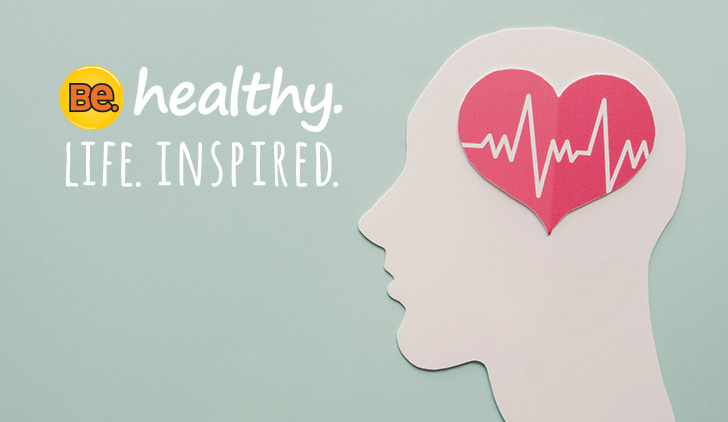
May is Mental Health Awareness Month; a time to raise awareness about the importance of mental health and reduce the stigma around seeking help. Our emotional, psychological and social well-being are part of our overall mental health and impact many areas of our lives, including how we think, feel, act, handle stress and make decisions. When our mental health suffers, it can affect our thinking, mood and behavior.
While many of us experience concerns about our mental health from time to time, these concerns can progress and become a serious mental illness if the symptoms are ongoing, cause frequent stress and impact your ability to function. This includes symptoms like feeling sad or down; difficulty concentrating; excessive fear or worry; withdrawal from friends, family or activities you once enjoyed; trouble coping with daily problems or stress; increased tiredness; difficulty sleeping; or significant changes in eating habits.
Though people often shy away from talking about mental health, the reality is many of us have either experienced a mental illness or know someone who has. In 2020, nearly 53 million Americans – 1 in 5 adults – experienced mental illness. Unfortunately, less than half received treatment for their illness.
But just as we shouldn’t wait to see a doctor for a physical illness, we shouldn’t wait to seek help for our mental health. Getting treatment early when signs arise and symptoms become persistent is important. It helps to know the stages of mental illness.
At stage 1, there are mild signs and symptoms, but a person is still able to function in their daily lives. In stage 2, the symptoms increase in frequency and seriousness and new symptoms may arise. It also becomes more difficult for someone to function at home, work and/or school. During stage 3, the symptoms have continued to increase in severity and there’s a serious disruption to daily activities. And in stage 4, the symptoms are continuous and extremely severe and can lead to a crisis event like unemployment, hospitalization or legal problems. By recognizing the stages, signs and symptoms, you can seek medical advice and treatment before the illness progresses.
For free online screening tools and more information, visit the Mental Health Resources page on PASSport. If you’re enrolled in our BCBS PPO Plan, you also can speak with a mental health therapist on any internet-connected device, including a smartphone, through Amwell for just $25 per visit.


